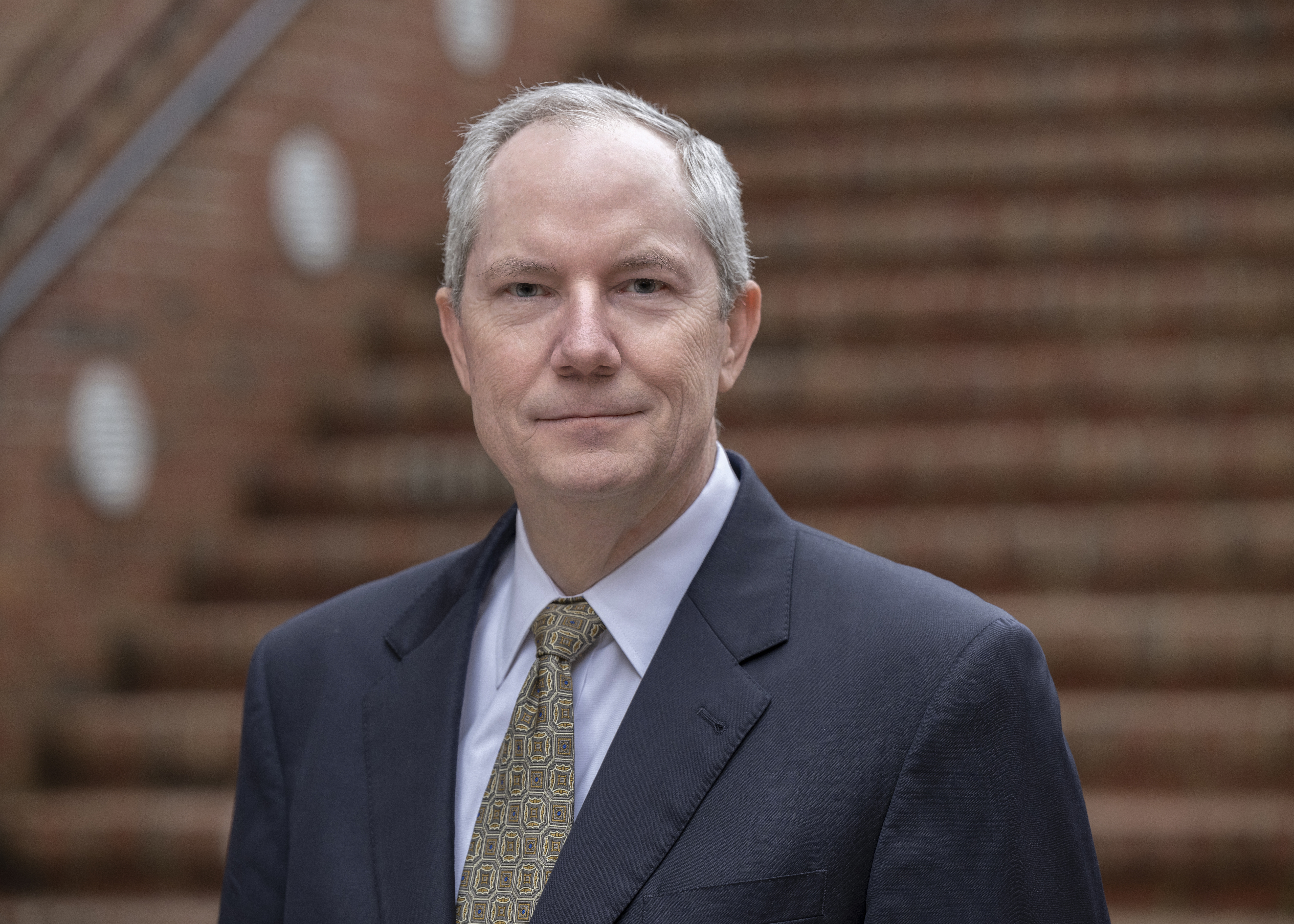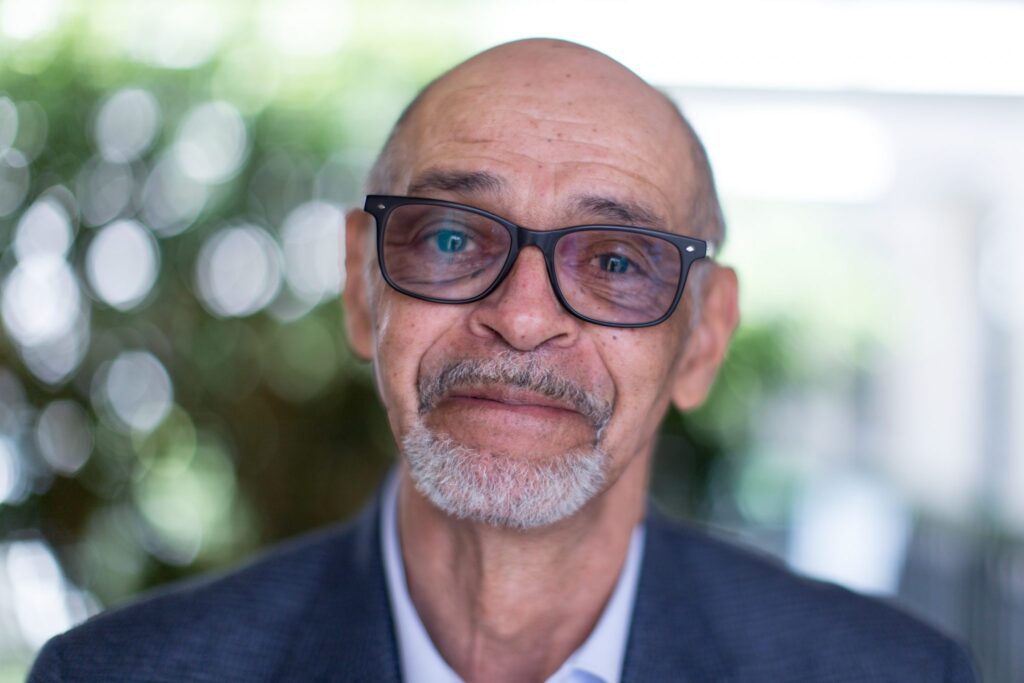Please join CDPL on Thursday, Sept. 12 to honor some of the most beloved members of our community. This year, we will celebrate the work of a longtime friend and CDPL board member, Jay Ferguson, who has devoted his career to capital defense. We will also honor Judge Gregory Weeks with the first Racial Justice Award.
The event will be from 6:30 to 9 p.m. at Durham’s Parizade. Wine, heavy hors d’oeuvres, and dessert will be served. Other drinks are available for purchase.
Please consider sponsoring our event this year. In addition to supporting our work, your gift permits CDPL to offer discounted tickets to guests who might not otherwise be able to attend – exonerees, people who’ve recently come home after time in prison, family members of our awardees, and newer members of our community. Please choose one of these sponsorship levels:
Partner — $5,000 (includes 10 tickets)
Benefactor — $2,000 (includes 5 tickets)
Champion — $1,000 (includes 4 tickets)
Defender — $500 (includes 3 tickets)
Advocate — $250 (includes 2 tickets)

The J. Kirk Osborn Award: Jay Ferguson
CDPL is proud to announce that Jay Ferguson is the winner of the 2024 J. Kirk Osborn Award for outstanding leadership in capital defense. Anyone who knows Jay knows that he is a light of the capital defense community, an attorney whose accomplishments are second only to his kindness. Perhaps these words from fellow attorney Cassy Stubbs sum it up best.
“Jay Ferguson has the rare combination of exceptional courtroom skill and deep humility. These strengths are outmatched by his generosity. From big asks, like pitching in on emergency litigation under warrant, to the necessary and tedious case projects like accuracy checks of spreadsheets, Jay’s answer is the same: ‘I’d be glad to.’”
Jay is an Alamance County native who has devoted his career to ending the death penalty and representing indigent clients. Early in his career, he experienced the heartbreak of watching his client, Timothy Keel, be executed at Central Prison. Jay fought hard for Timmy, who suffered the effects of mental illness, intellectual disability and an abusive childhood. But as all of us know, sometimes even our best work is not enough to stop the machinery of death.
Timmy’s loss only inspired Jay to work harder. In the years since, he has achieved stunning results for many of his clients. In one notable case in Durham in 2015, a jury found his client Joseph Mitchell not guilty after Jay proved that he was sleepwalking and had no recollection of his child.
His law partner Emilia Beskind says Jay’s “knowledge of the law, creativity, and insight into human nature have earned his clients remarkable, sometimes unbelievable, results. However, what sets Jay apart from other lawyers is that he’s entirely unselfish as an attorney and a teacher. He is always willing to brainstorm, collaborate, and explain his process to others. His first instinct is always to promote and credit those around him, especially younger attorneys.”
Jay has also been a key member of the team on the Racial Justice Act litigation, bringing his signature hard-driving but soft-spoken style. As another member of his firm, Kellie Mannette, describes it, “He has an unmatched ability to question and challenge even the most minute of details while never losing sight of the big picture. Jay has put his heart and soul into the RJA litigation, and his work has had an impact on everyone involved.”
Shelagh Kenney, a fellow member of the RJA litigation team, says Jay never stops learning and growing. “He’s someone who wants to continually evolve, to better understand how injustice has impacted others, and to see how privilege has played a role in who gets what and who doesn’t.”
When he’s not in the courtroom, you’ll find Jay and his wife, Kay, participating in a march for death row commutations, hosting a party for other advocates, or attending a fundraiser for an anti-death penalty organization. Over the years, Jay has served on the boards of People of Faith Against the Death Penalty and the NC Coalition for Alternatives to the Death Penalty. He also served as president of CDPL’s board of directors.
Judge Gregory Weeks, who oversaw the first two hearings under the Racial Justice Act, continues to sing Jay’s praises more than a decade later. “Faced with a system that preaches fairness and justice for all but punishes based on skin color, ability to pay, and social status, Jay Ferguson has spent his entire career to make that system fair and just for all. Thank you, Jay!”

The Racial Justice Award: Judge Gregory Weeks
CDPL is thrilled to announce that the Hon. Gregory A. Weeks is the winner of CDPL’s first Racial Justice Award. Judge Weeks presided over the first four cases tried under the Racial Justice Act and made history when he found that Black citizens were systematically excluded from capital juries across North Carolina. This landmark decision was the culmination of a career devoted to professional excellence and the pursuit of justice.
Judge Weeks grew up in a segregated neighborhood in New Jersey where people of color had few opportunities. His parents never graduated high school and Judge Weeks was the only one of nine siblings to attend college. As a student at North Carolina A&T, he saw for the first time that Black people could be professors, business owners, and leaders. After graduating and serving in the U.S. Air Force, he headed to UNC law school determined to become a criminal defense attorney.
He went on to a successful career, first as an assistant public defender and then as a partner at one of Fayetteville’s first integrated law firms. Before he became a superior court judge in 1988, there was only a single Black elected superior court judge in all of North Carolina. Weeks remembers that, in the first few months after receiving his judge’s license plate, he was stopped by police eight times. “They didn’t think I matched the tag,” he says.
Judge Weeks always brought a human touch to his cases. Many of the defendants who came before him reminded him of the people he had grown up with, struggling with the ills of poverty and drug addiction. But he was also careful to remain impartial and to avoid advocacy from the bench. In 1993, he oversaw the nationally-watched trial of Daniel Green, who was convicted of killing Michael Jordan’s father, James Jordan.
In 2011, he was given the difficult job of overseeing the first litigation to move forward under the Racial Justice Act. It would fall to him to consider decades worth of evidence and decide whether race played a role in North Carolina’s death penalty. His appointment to the case brought intense scrutiny, and prosecutors made an unscrupulous attempt to have him removed from the case.
After conducting two evidentiary hearings, he determined that there was “powerful evidence of race consciousness and race-based decision making” in capital cases across North Carolina. Over two decades, people of color were excluded from capital juries at more than twice the rate of white citizens.
Unfortunately, the path to racial justice is never smooth, and his decision prompted intense backlash. The legislature repealed the Racial Justice Act and the NC Supreme Court overturned his decision. However, thanks to his brave decision, the four Cumberland defendants were ultimately removed from death row and litigation under the Racial Justice Act continues today.
In a 1994 interview with the Southern Oral History Program, Judge Weeks said he came to understand over the course of his career that he could never do as much good as he hoped. “I learned fairly early on to take whatever good that I could, count it as a blessing, because those instances would be few and far between, but to recognize that it was important to make change when you could and to the extent that you could.”
All of us at CDPL can confirm that Judge Weeks did enormous good during his career, and he has not stopped in retirement. He now serves on the boards of the North Carolina Justice Center and The Sentencing Project in Washington DC, as well as serving as chair of the North Carolina Commission on Racial and Ethnic Disparities.
